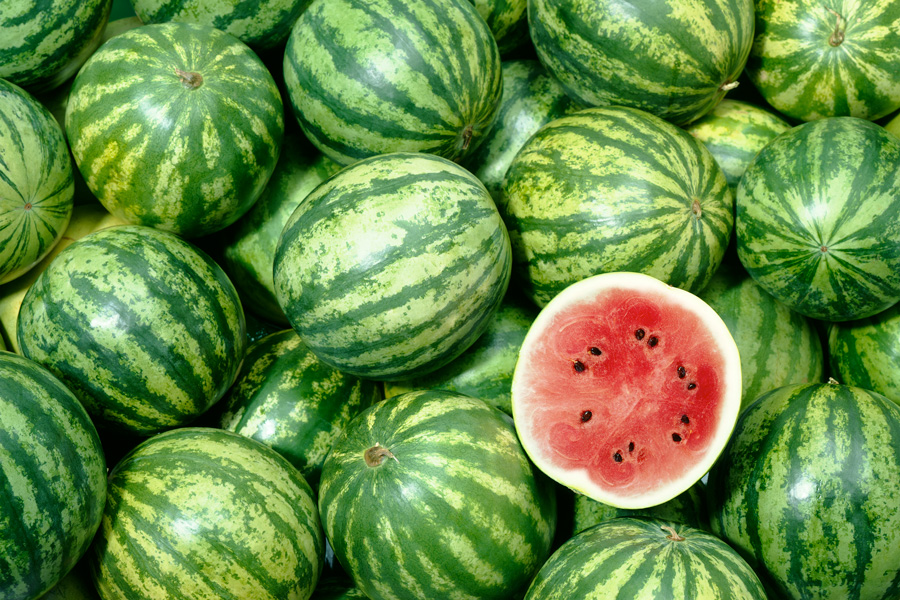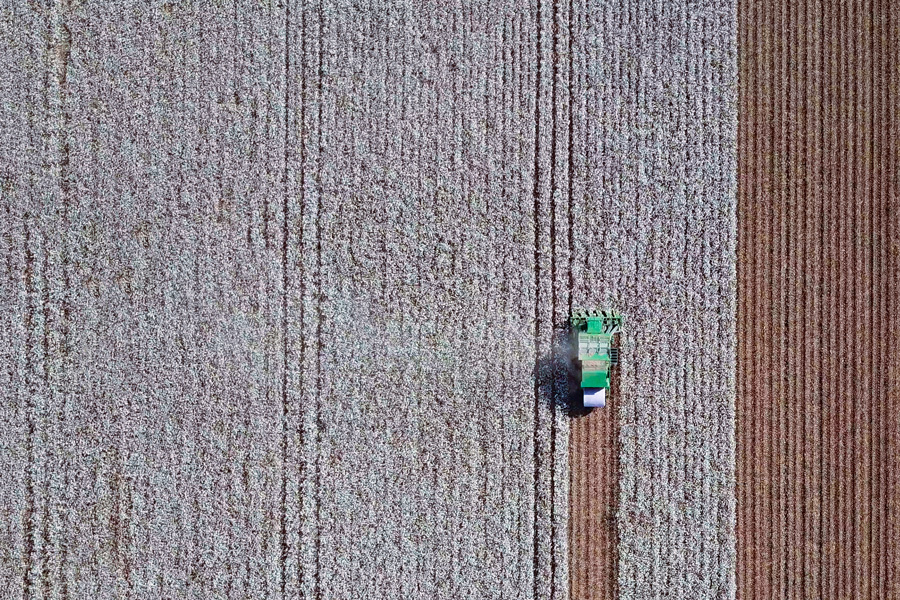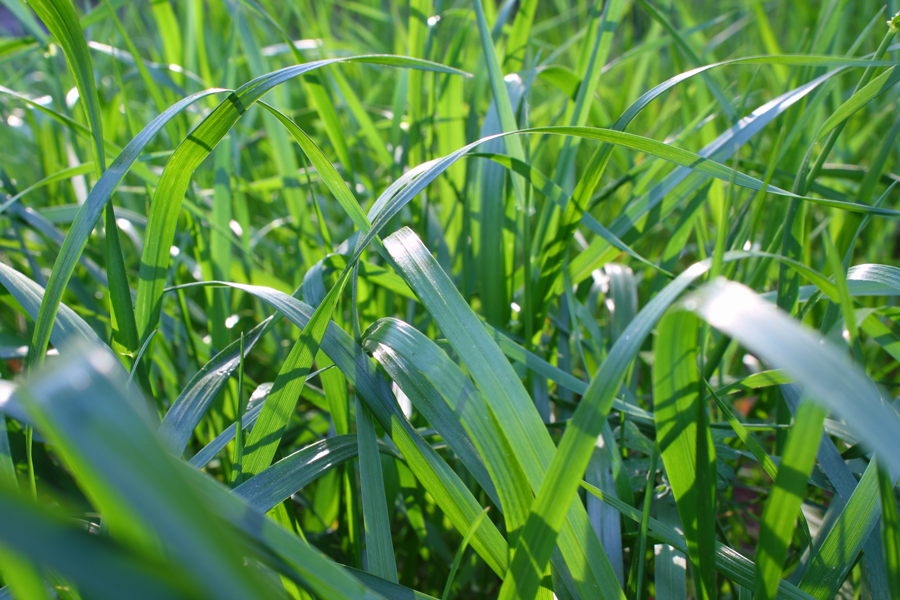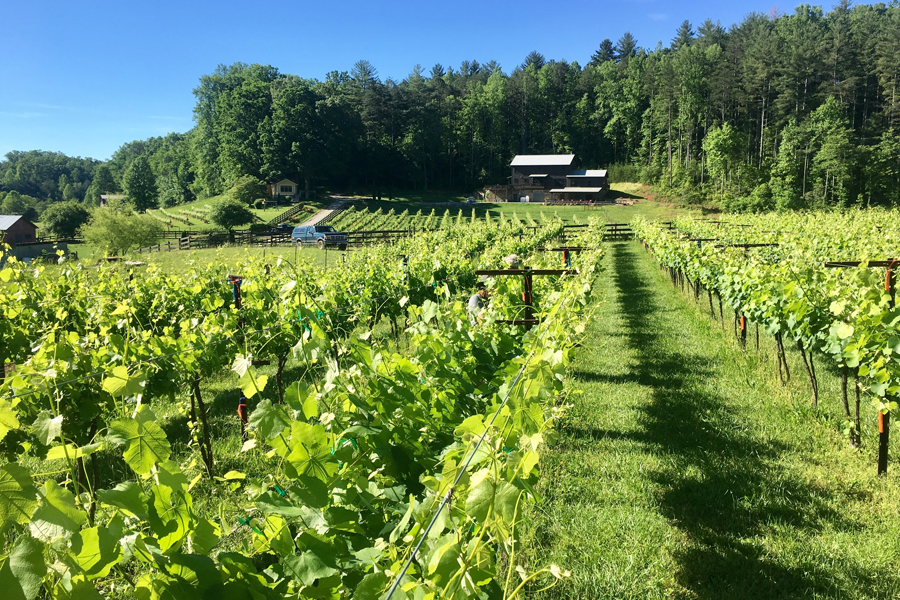-
 This circular contains the fundamentals of watermelon irrigation scheduling using the crop water demand method. Decisions regarding the timing, frequency, and amount of water required for a crop are some of the most critical factors in vegetable production. There are numerous irrigation scheduling strategies employed by growers, but the crop…
This circular contains the fundamentals of watermelon irrigation scheduling using the crop water demand method. Decisions regarding the timing, frequency, and amount of water required for a crop are some of the most critical factors in vegetable production. There are numerous irrigation scheduling strategies employed by growers, but the crop…|
-
 Measuring, monitoring, and managing forage requires producers to regularly measure how much forage mass is present and how quickly that forage is growing. By using a rising plate meter, producers can assess the forage mass across several pastures quickly and with reasonable accuracy. Then, by comparing available forage in individual…
Measuring, monitoring, and managing forage requires producers to regularly measure how much forage mass is present and how quickly that forage is growing. By using a rising plate meter, producers can assess the forage mass across several pastures quickly and with reasonable accuracy. Then, by comparing available forage in individual…|
-
 The Agricultural Act of 2018 (2018 U.S. Farm Bill) extended the cotton commodity loan programs for the 2019 through 2023 crop years. Cotton commodity loan programs include the marketing assistance loan (MAL) program and the loan deficiency payment (LDP) program. These programs provide cotton producers with alternative marketing tools during…
The Agricultural Act of 2018 (2018 U.S. Farm Bill) extended the cotton commodity loan programs for the 2019 through 2023 crop years. Cotton commodity loan programs include the marketing assistance loan (MAL) program and the loan deficiency payment (LDP) program. These programs provide cotton producers with alternative marketing tools during…|
-

C 1180
Fescue Toxicosis in Horses
Tall fescue is the primary cool season perennial forage grown in the state of Georgia, and toxicity issues related to the grass can have significant impacts on equine reproduction. Tall fescue is the most heat tolerant of the cool season grasses due to a fungus that grows within the plant…|
-

B 1526
Country Cured Ham
Country cured hams are considered a delicacy and are widely accepted by Georgians. Our forefathers cured country hams during the winter months in order to have a summer supply of meat. Country hams, properly cured, develop a distinct flavor during aging. Modern methods of curing and aging country hams are…|
-

C 1174
Pecan Management
This circular is a calendar-based management reference for pecan production in the Southeastern U.S. It provides an easy-to-use graphical guide for management decisions regarding crop phenology, irrigation and fertilization requirements, disease, and insect and mite arthropod pest management. It also includes information on production activities including timing for planting, harvesting,…|
-

C 1178
Mite Management in Turfgrass
Plant-feeding mites can cause serious damage in turfgrass systems, and drought-stressed turfgrass is particularly prone to mite infestation. Mites are generally active in turfgrasses from spring into fall. They feed on plant sap and, in some cases, also inject toxins into plant tissues or manipulate plant growth, thereby producing characteristic…|
-
 The Athena bunch wine grape training system was developed by the University of Georgia to increase crop yield in modest-yielding cultivars. The Athena is a divided-canopy system retrofit to the industry standard single-canopy trellising system with vertical shoot positioning. Athena training involves laying four canes and dividing the canopy through…
The Athena bunch wine grape training system was developed by the University of Georgia to increase crop yield in modest-yielding cultivars. The Athena is a divided-canopy system retrofit to the industry standard single-canopy trellising system with vertical shoot positioning. Athena training involves laying four canes and dividing the canopy through…|